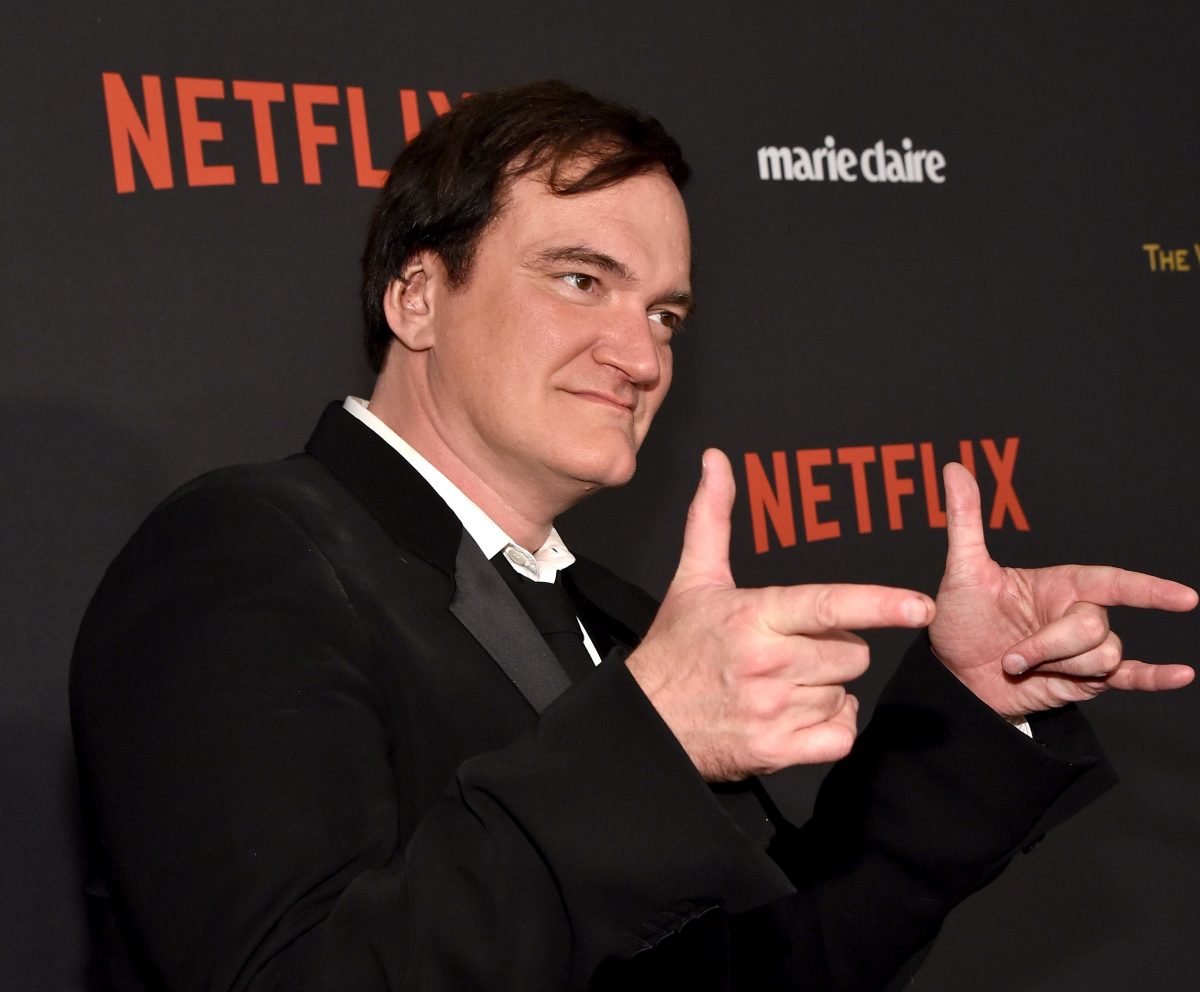Let’s Dispel the Myth That Being a “Creative Genius” Excuses Terrible Behavior in Men
You can make great art without being an ass.


Ah, the allure of the Troubled Artistic Genius. You know him; we all know him, both fictional versions and real life counterparts. He rants on the meaning of art while pitching paint brushes at his beleaguered employees. He writes vitriolic tomes based on his relationship with his mother and any woman who ever rejected him. He forces his lead actress to walk into traffic, putting her life at risk to capture the perfect shot. He lashes out when he’s rejected sexually and spends the rest of the shoot tormenting his star. Anyone in his orbit bears the phrase “long-suffering” as a descriptor. He is lauded with terms like “auteur” and has a mantel filled with trophies. His is the name dropped by fanboys on first dates, eagerly hoping to impress their dates with cult-y good taste.
The myth of the troubled artistic genius has persisted ever since some pompous prehistoric ass clown smeared pigment on the cave walls in Lascaux before pitching a cup of berry juice at the head of his poor assistant. As the #MeToo movement barrels on, we hear variations of the same story again and again. A lauded creator given carte blanche to wreak havoc and abuse in the name of art, his behavior protected and defended by The Powers That Be. Whether the abuse is verbal, psychological, or physical, it’s covered up, dismissed, or defended.
In an interview with the Huffington Post, actress Vella Lovell (Crazy Ex Girlfriend) talks about the system of abuse in Hollywood, saying, “Sometimes because people are talented and genius, their behavior gets excused and they get into positions of power and no one is calling them out. It’s a lot about power, so it can happen across the board. Obviously it’s mostly white men, because that’s usually who’s in power.” Women and people of color are rarely afforded the same opportunities and chances that white men are, and end up being labeled “crazy” and “unprofessional” in the process.
Not much has changed since Barbra Streisand gave her famous 1992 speech at the Women in Film luncheon, saying, “A man is uncompromising—a woman is a ball breaker. A man is a perfectionist—a woman’s a pain in the ass.” But perhaps there’s another way to do things. The answer lies in (GASP!) women taking control and setting the tone for a functional and harmonious working experience. Lovell elaborated on this when asked about Jeffrey Tambor’s outburst on the set of Arrest Development, saying:
“I just feel like what’s been the “norm,” isn’t actually acceptable. And I have met, in my short time on sets, too many people who are kind and respectful and inclusive for that to be acceptable. And that’s the thing ― it maybe has been the norm, but as tides are turning, it’s kind of like, if there’s an alternative, what are we doing?
There are too many incredibly talented creative people that are also kind. I’ve met so many of those people. And you meet them, and then you’re like, so why then do I need to be verbally abused to get a great performance? Do those things actually go hand in hand? And I don’t think they need to.
I think it’s probably true that someone with [Jeffrey Tambor’s] stature comes on set and dictates how people will be treated. As a younger actor, you’re just like, sure … and then that behavior becomes the norm. But it’s just not OK.”
(via Huffington Post, image: Alberto E. Rodriguez/Getty Images)
Want more stories like this? Become a subscriber and support the site!
—The Mary Sue has a strict comment policy that forbids, but is not limited to, personal insults toward anyone, hate speech, and trolling.—
Have a tip we should know? [email protected]
